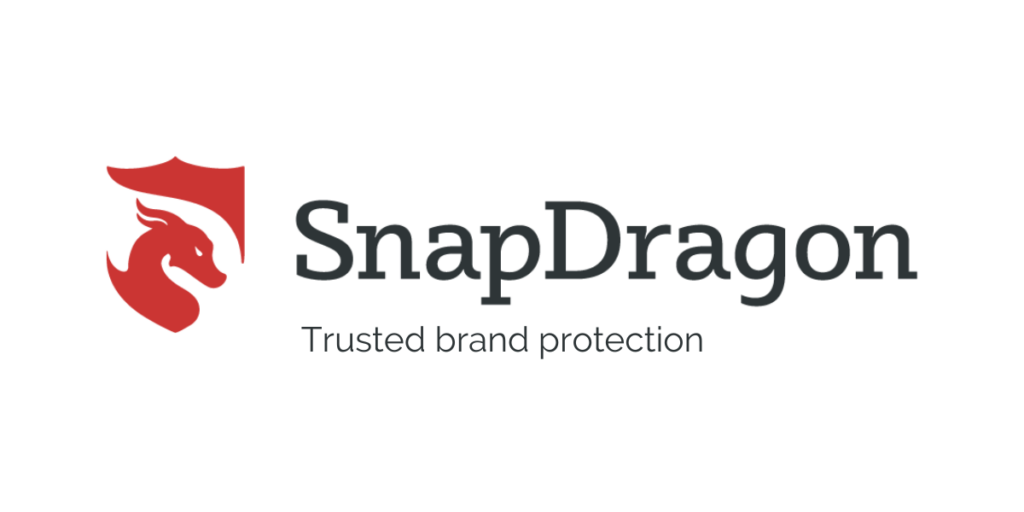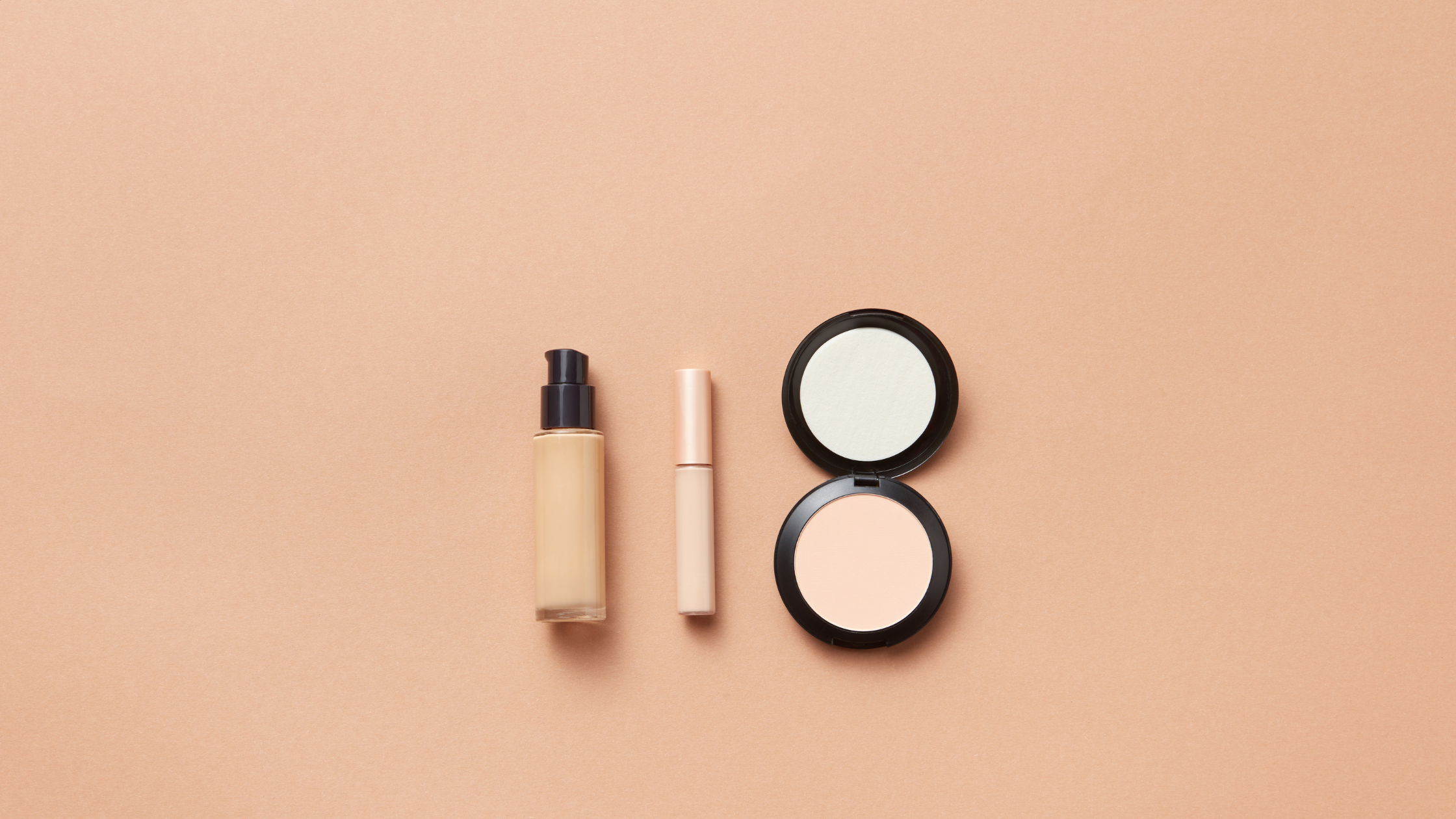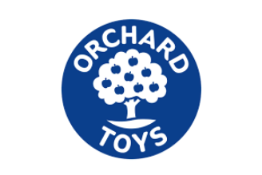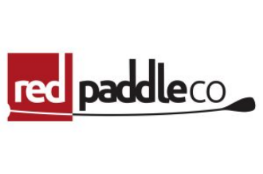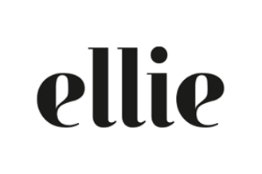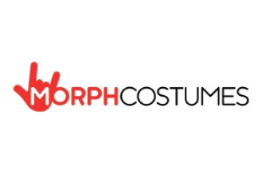The rise of global e-commerce and the booming demand for beauty products have triggered a surge in counterfeiting and lookalikes. This phenomenon poses severe threats to beauty brands, impacting their bottom line, tarnishing their reputation, and jeopardizing consumer trust and safety.
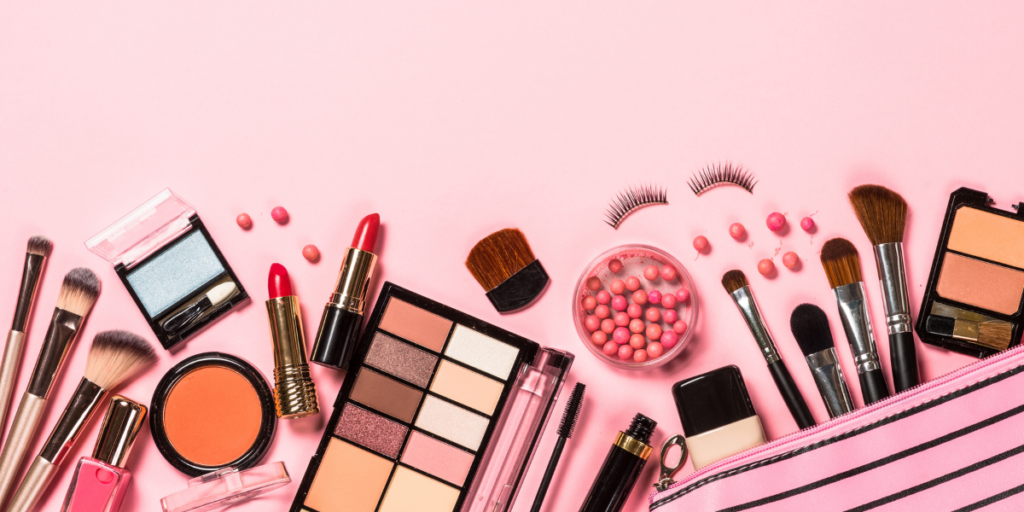
Counterfeiting and Lookalikes: The Size of the Problem
The issue of counterfeiting is not a minor one; it’s a multibillion-dollar industry. The Global Brand Counterfeiting Report estimated that the amount of total counterfeiting globally reached a staggering 1.2 trillion USD in 2017 and projected to reach 1.82 trillion USD by 2020.
When it comes to the beauty industry, the situation is alarmingly severe. The industry is often targeted by counterfeiters due to the high consumer demand for these products. Brands such as MAC Cosmetics, Urban Decay, and Estée Lauder, among others, have been victimized, with fake versions of their products circulating in various online marketplaces.
Lookalikes: An Emerging Concern
Beyond counterfeits, beauty brands also face another growing threat: lookalike products. Lookalikes, or “dupe” products, mimic the branding, packaging, and marketing of authentic products, leading consumers to believe they’re purchasing the genuine article.
These products may not be classified as counterfeits since they don’t claim to be the original brand. However, they leverage the brand’s goodwill and recognition to boost their sales, resulting in revenue losses or in some instances, even dilution of the brand.
Moreover, the rapid proliferation of online marketplaces worldwide has fueled the growth of lookalikes. These platforms provide an easy-to-access venue for unscrupulous sellers to reach a wide audience, further compounding the problem for brands.
Counterfeiting and Lookalikes: The Impact on Beauty Brands
The effects of counterfeiting and lookalike products on beauty brands are manifold.
- Revenue Losses: Counterfeit and lookalike products lead to significant revenue losses for brands. They undercut sales by offering cheaper alternatives, which may appear almost identical to the genuine product.
- Brand Reputation: These fake and mimicking products often lack the quality and safety of the original items. This discrepancy can lead to consumer dissatisfaction, damaging the reputation of the genuine brand.
- Consumer Safety: Counterfeit cosmetics often contain harmful substances, posing severe health risks to consumers. Cases of allergic reactions, skin rashes, chemical burns, and even more severe health repercussions have been linked to counterfeit cosmetics.
Counterfeiting and Lookalikes: Securing the Brand and Taking Action
Given this alarming scenario, it’s crucial for beauty brands to invest in comprehensive brand protection strategies.
- Robust Supply Chain: Establishing a strong, transparent supply chain is the first line of defense. Brands should foster close relationships with trusted suppliers and distributors, ensure robust contracts and strict adherence to non-disclosure agreements, and register their IP with customs agencies for additional protection.
- Technological Solutions: Innovative solutions such as secret product features, RFID systems, and hologram stickers can make it harder for counterfeiters and lookalikes to mimic products.
- Online Brand Protection: With the digital marketplace being the primary venue for counterfeit and lookalike sales, proactive online brand protection is essential. Brands can use advanced software tools to monitor and detect fake goods across various online platforms.
- Legal Action: In addition to removing online listings, brands can work with law enforcement agencies and attorneys to prosecute counterfeiters both criminally and civilly, helping to shut down counterfeit operations and deter future infringement.
The issues of counterfeiting and lookalikes present substantial challenges to beauty brands. However, by understanding the magnitude of the problem and implementing robust strategies, brands can effectively combat these threats. Ultimately, securing a brand’s assets isn’t just about protecting profits—it’s about upholding quality, preserving reputation, and ensuring the safety and satisfaction of consumers.
At SnapDragon Monitoring Ltd, we believe in empowering brands against intellectual property infringements online. We offer tailor-made brand protection packages that defend your assets across various channels such as marketplaces, social media, websites, domains, and mobile apps. Our winning combination of fiercely powerful software, A.I infringement detection, and friendly customer service sets us apart. Are you looking for brand protection services? Check out how we can defend your brand from online threats: Click here.
